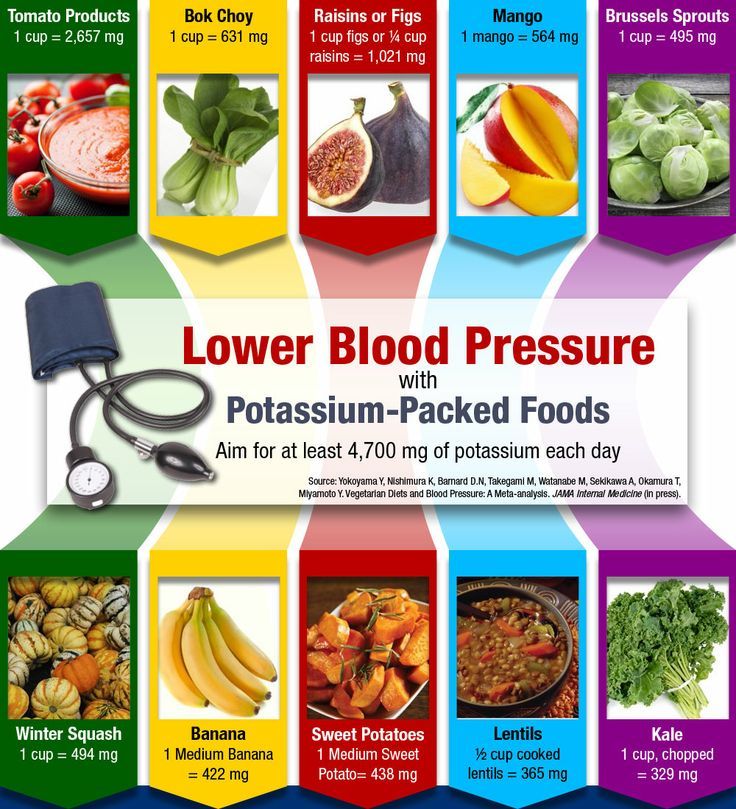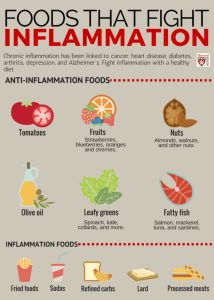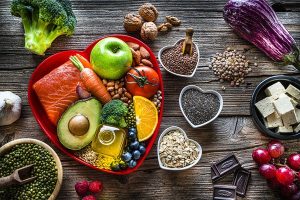
High blood pressure, also known as hypertension, is a common condition that affects millions of people worldwide. It can lead to serious health problems if left untreated, including heart disease, stroke, and kidney damage. While medication can be prescribed to help manage high blood pressure, there are also natural ways to lower it through nutrition.
Limit Sodium Intake
One of the most important steps you can take to lower high blood pressure is to limit your sodium intake. Sodium can cause your body to retain water, which increases blood pressure. To reduce your sodium intake, try to avoid processed and packaged foods, which are often high in sodium. Instead, opt for fresh fruits and vegetables, whole grains, and lean proteins. You can also experiment with herbs and spices to add flavor to your meals without relying on salt.
Increase Potassium-Rich Foods
Potassium is an essential mineral that helps to regulate blood pressure. Including more potassium-rich foods in your diet can help to lower high blood pressure. Some examples of potassium-rich foods include bananas, sweet potatoes, spinach, and avocado. Try to incorporate these foods into your meals on a regular basis to reap the benefits of their blood pressure-lowering properties.
Eat More Fiber
Eating a diet high in fiber can also help to lower high blood pressure. Fiber helps to reduce cholesterol levels and improve heart health, which can have a positive impact on blood pressure. Aim to include plenty of fruits, vegetables, whole grains, and legumes in your diet to increase your fiber intake. You can also consider adding a fiber supplement to your daily routine if needed.
Choose Heart-Healthy Fats
Not all fats are created equal when it comes to heart health. Choosing heart-healthy fats, such as those found in olive oil, nuts, seeds, and fatty fish, can help to lower high blood pressure. These fats can help to reduce inflammation in the body and improve overall heart health. Try to replace saturated and trans fats with these healthier options to support your blood pressure goals.
Reduce Alcohol and Caffeine Intake
Both alcohol and caffeine can have a negative impact on blood pressure levels. Excessive alcohol consumption can raise blood pressure and damage the heart over time. Similarly, caffeine can temporarily elevate blood pressure, especially in sensitive individuals. Limiting your intake of alcohol and caffeine can help to lower high blood pressure and improve overall health.
Stay Hydrated
Hydration is key to maintaining healthy blood pressure levels. Dehydration can cause blood vessels to constrict, raising blood pressure. Aim to drink plenty of water throughout the day to stay hydrated and support healthy blood pressure. You can also incorporate hydrating foods, such as cucumber, watermelon, and celery, into your diet to help maintain proper hydration levels.
Monitor Your Progress
It’s important to monitor your blood pressure regularly to track your progress and make adjustments as needed. Keep a log of your blood pressure readings and note any changes in your diet or lifestyle that may be affecting your levels. Work closely with your healthcare provider to develop a plan that works for you and helps you achieve your blood pressure goals.
By incorporating these nutrition tips into your daily routine, you can take control of your high blood pressure and improve your overall health. Remember to consult with a healthcare provider before making any significant changes to your diet or lifestyle, especially if you have a medical condition or are taking medication.
Take steps today to lower your high blood pressure naturally and protect your heart for years to come.

